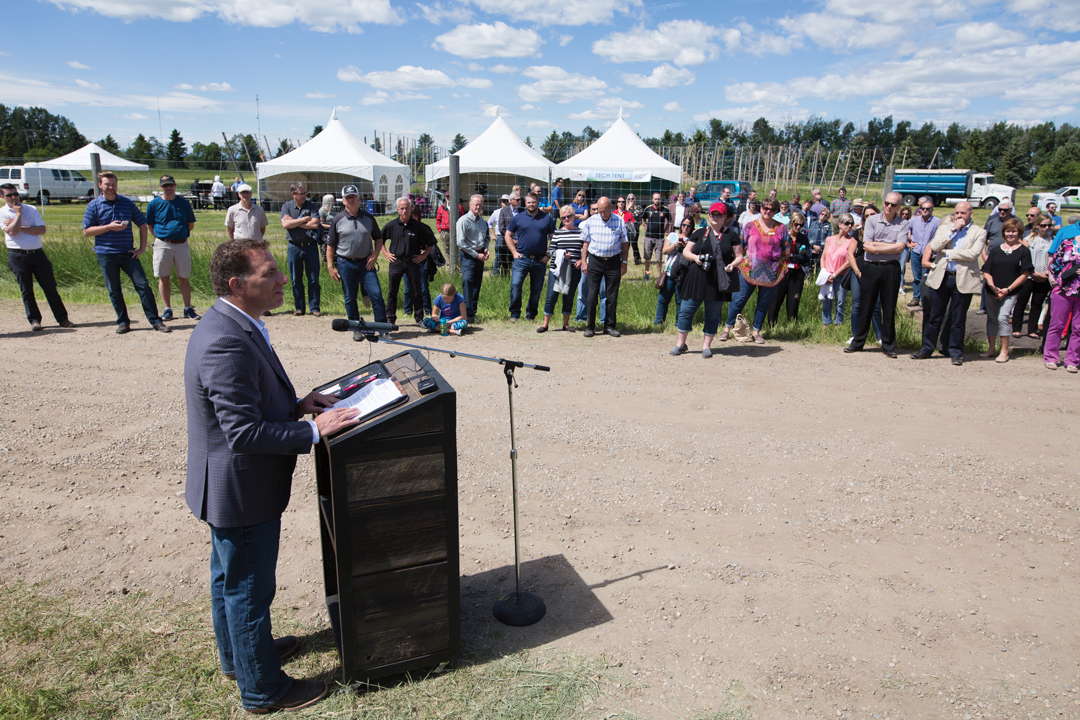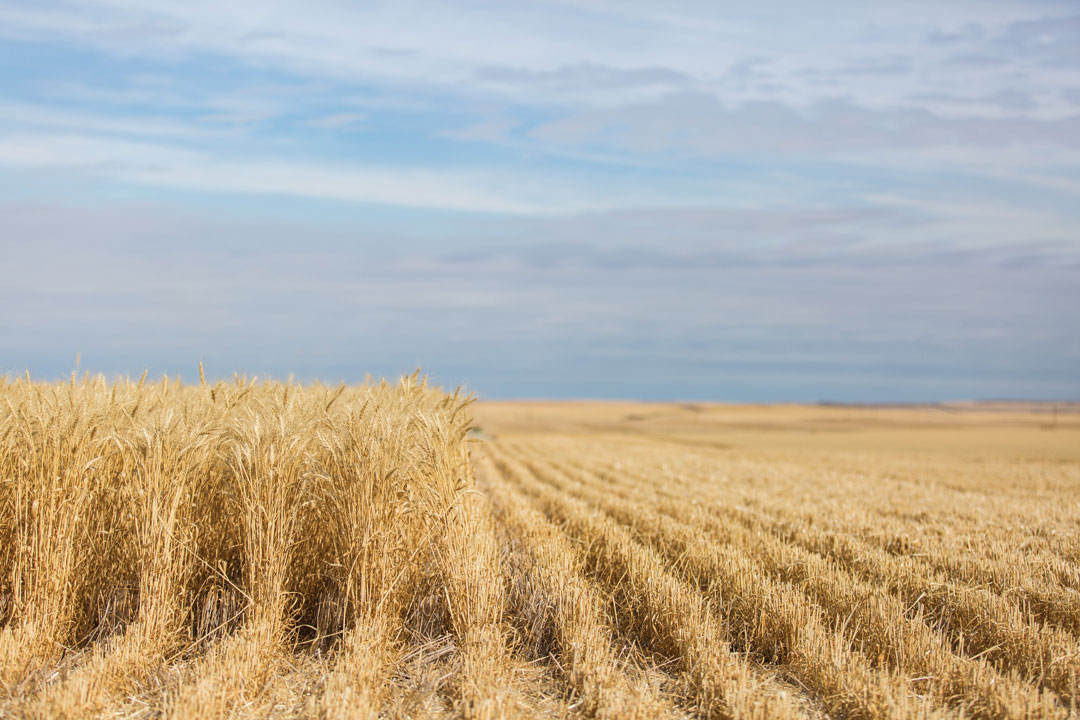FUNDING THE FUTURE
PROVINCIAL TECH EDUCATION INITIATIVE ADDRESSES SKILLS GAP
BY MELANIE EPP • PHOTO COURTESY OF OLDS COLLEGE
On June 5, Bill 2, The Growth and Diversification Act, passed its third and final reading in the Alberta legislature. The Act supports the creation of 3,000 tech spaces in post-secondary institutions and the provision of scholarships. Those in the agricultural sector hope some seats will go to smart farming and food production programs, but this isn’t guaranteed.
“We are working to identify the mix of education and training programs that will be supported by the Act. It is possible these new tech spaces could be in any field or program area where technology plays a role—including in smart agriculture and food production,” said Josh Zarobiak, an education ministry spokesperson.
Another important aspect of the Act is the imminent creation of the Talent Advisory Council on Technology (TACT). This 14-member council includes leaders of post-secondary institutions and the tech industry, as well as student and labour representatives. “They will share ideas, help inform policy decisions and identify current and future skills and training programs needed to support Alberta’s tech economy,” said Zarobiak.
“Olds College is strongly advocating that the government set aside some of those seats for tech training in agriculture,” said Patrick Machacek, the institution’s vice president of development. “We’re trying to get the government to understand that there’s a lot of tech training required in the field of ag. Innovation and technology are having a huge impact on the ag industry and Canadian educational institutes need to focus on tech training.”
The college is building its agricultural technology credentials. Over the last year, it has gathered perspectives on the future of technology in agriculture from farmers, tech companies and agribusinesses. Machacek said Olds College hopes agriculture will receive support for 200 seats.
“Based on everything we’ve heard, it’s pretty clear that there’s a need for new agriculture technology programming in Alberta and across the country,” said Machacek. “People within the ag industry are dealing with a lot of high tech, but they’re not necessarily getting a lot of high-tech training support.”
Olds College is working to address the skills gap through the creation of the Smart Farm, which is part of the Smart AgriFood Corridor, a 100-kilometre corridor encompassing Calgary and the college. The intent is to leverage existing ag industry capacity to develop and scale up production-chain technologies.
Launched in July 2018, the on-campus, 110-acre Smart Farm gives students handson experience with the technologies they’ll see in the workplace. The goal is to expand the farm to 2,000 acres by 2023.
The Smart Farm offers access to various technologies, including stationary soil monitors and digital weather monitors. Students will evaluate soil and crops using spectroscopy and multispectral imaging and use artificial intelligence neural nets to determine plant health. They will learn to use wireless grain bin sensors and unmanned aerial vehicles (UAVs), as well as farm management software.
Smart Farm is a good fit for the province’s tech education funding initiative, said Machacek, as it facilitates the demonstration of emerging and existing technologies while connecting businesses with students who can fill job positions.
To be a part of the 3,000 tech learning spaces outlined in the Growth and Diversification Act, all publicly funded institutions in Alberta can submit proposals. The programs and training to receive funding will be determined over the next five years based the needs of the community, local industry and each institution.








Comments